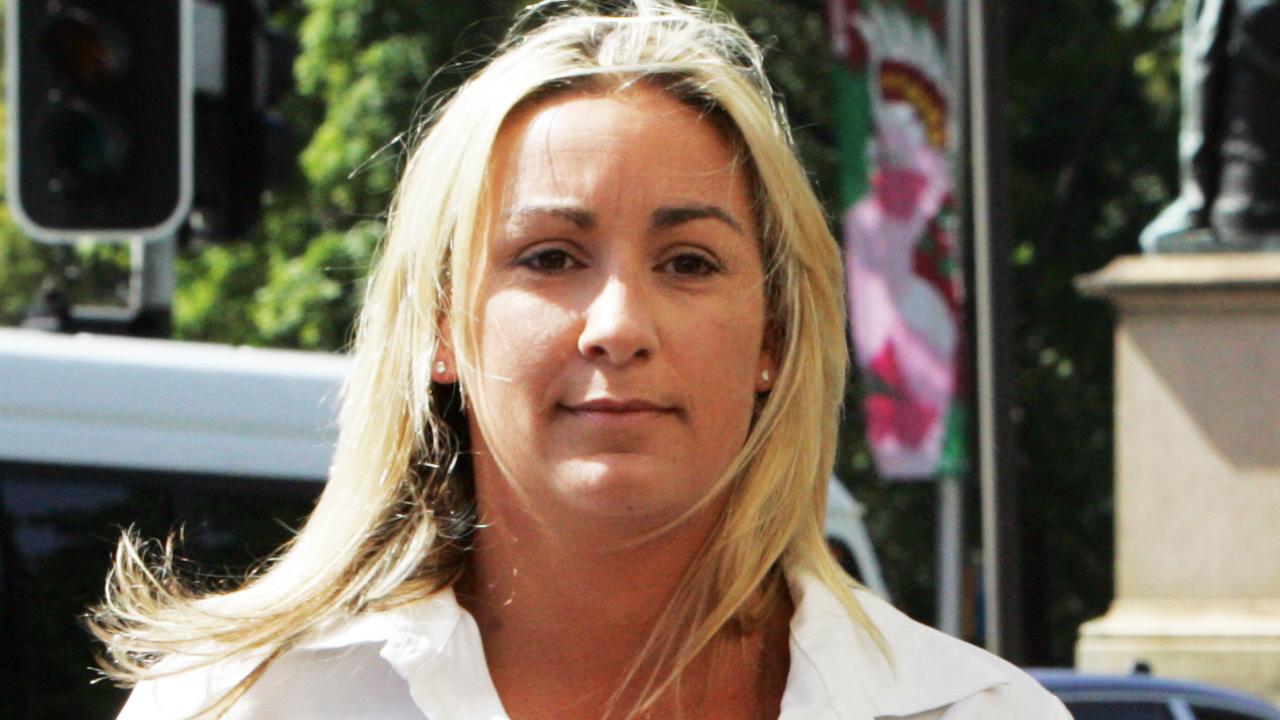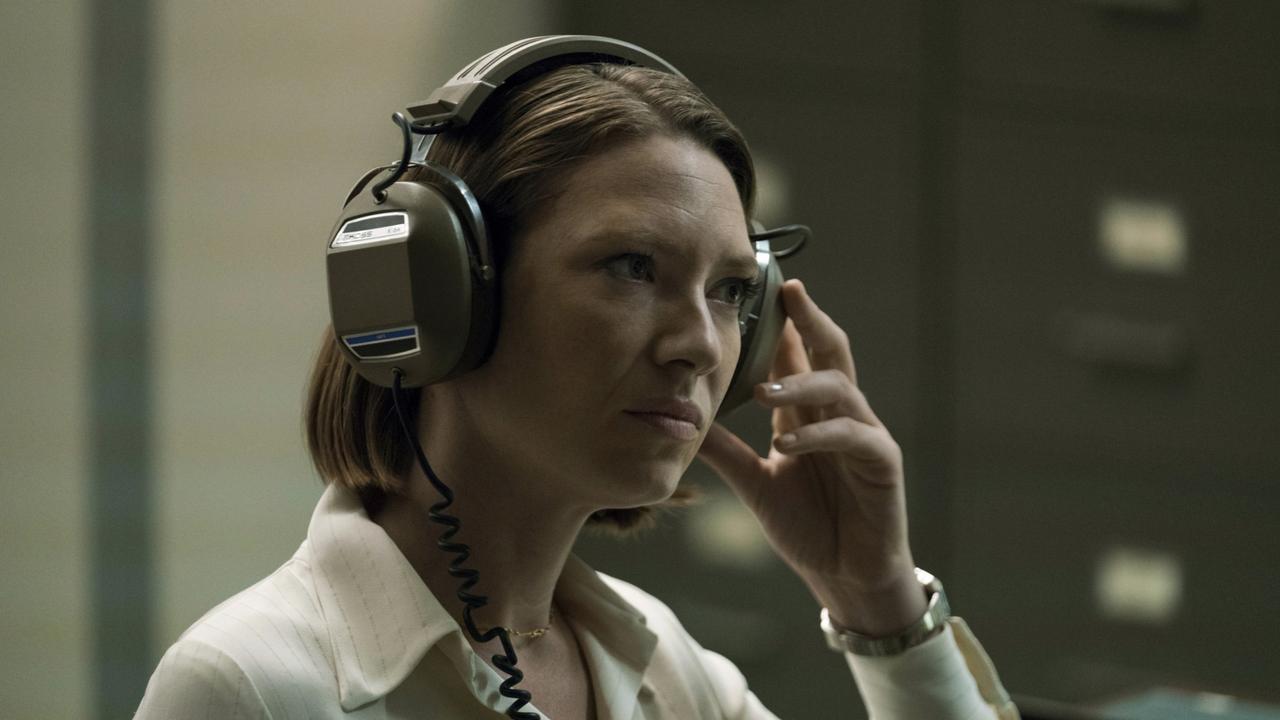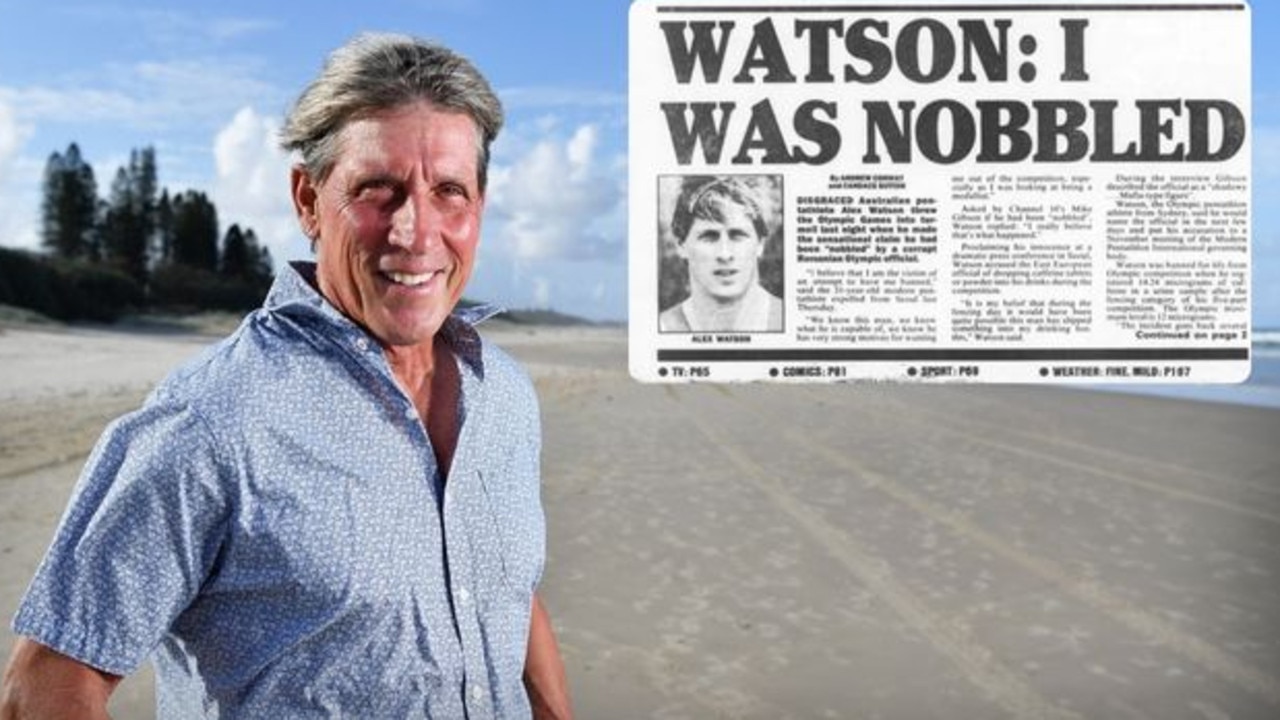Getting over our toxic climate debate
The bushfires prompted climate change concern everywhere - except in Australia. It has sent us backwards, writes David Mills.

National
Don't miss out on the headlines from National. Followed categories will be added to My News.
Kevin Rudd called it “the great moral challenge of our generation”, and the majority of Australians believe it’s a serious threat requiring concerted action, but climate change remains the kryptonite of Australian politics.
Prime Ministers and major party politicians who get too close to it fall; parties who suggest a stronger course of action tend to fail.
The issue has created very few winners - Zali Steggall, the independent MP who wrested the seat of Warringah off former Prime Minister Tony Abbott is one - but a litany of losers.
This week new research from the ANU delved into how Australian voters think about climate change, specifically in the context of the 2019 federal poll, which was hyped as the ‘climate election’. The researchers were trying to understand why, given the apparent profile of the issue leading up to the last election, the party with the more modest plan of action was returned to power.
The researchers found that while climate change had become a key factor in how a majority of Australians voted federally (52 per cent), it was the determining factor for far fewer (just 13 per cent).
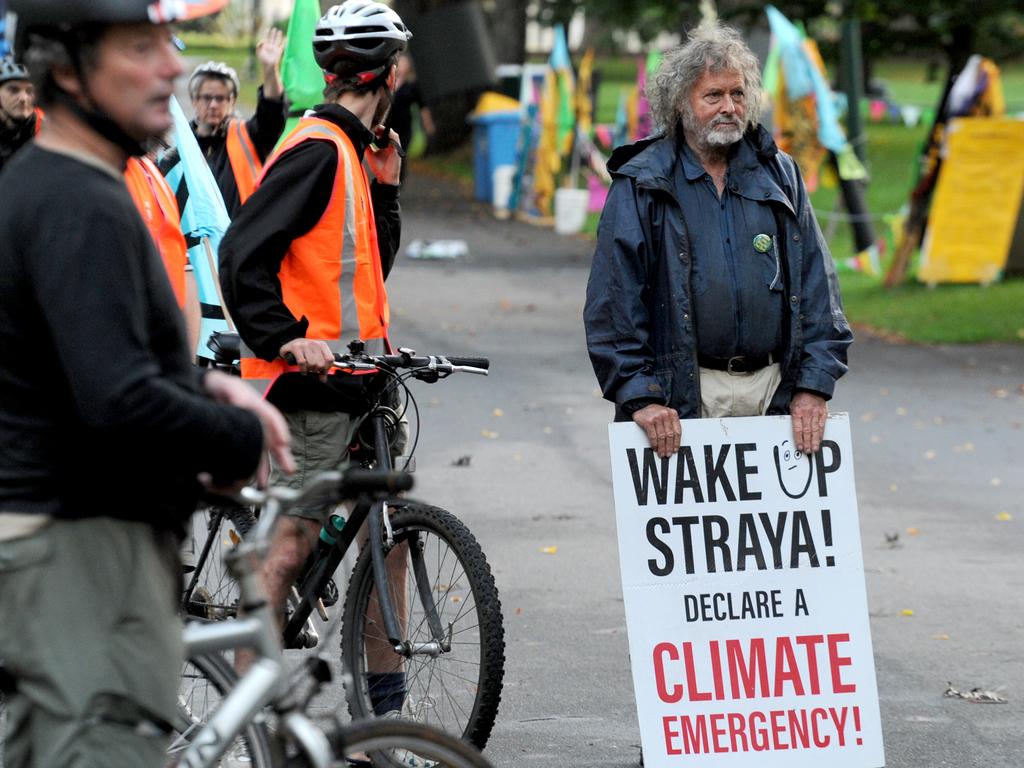
Annual surveys from the Lowy Institute show that far from being a static or even growing concern, climate change continues to yo-yo in the Australian consciousness.
According to the Lowy Institute research, the proportion of us who say global warming is a serious problem has gone from highs of 68 per cent in 2006, down to lows of 36 per cent in 2012, and rising back to 61 per cent in 2019.
Last year, the number dipped again, slipping back to 56 per cent - an indicator that COVID-19 had become a more pressing concern, perhaps, but an unexpected result for anybody who assumed the bushfires of the 2019/20 summer would have sharpened concern about the impacts of climate change in this country.
If the severity of the bushfires and the deaths of billions of native animals did not change minds on the need for tougher action, it’s tempting to think nothing will. Droughts? Floods? Forty-eight degree temperatures in our cities? Our hesitancy to prioritise climate change remains strong even as climatic conditions worsen.
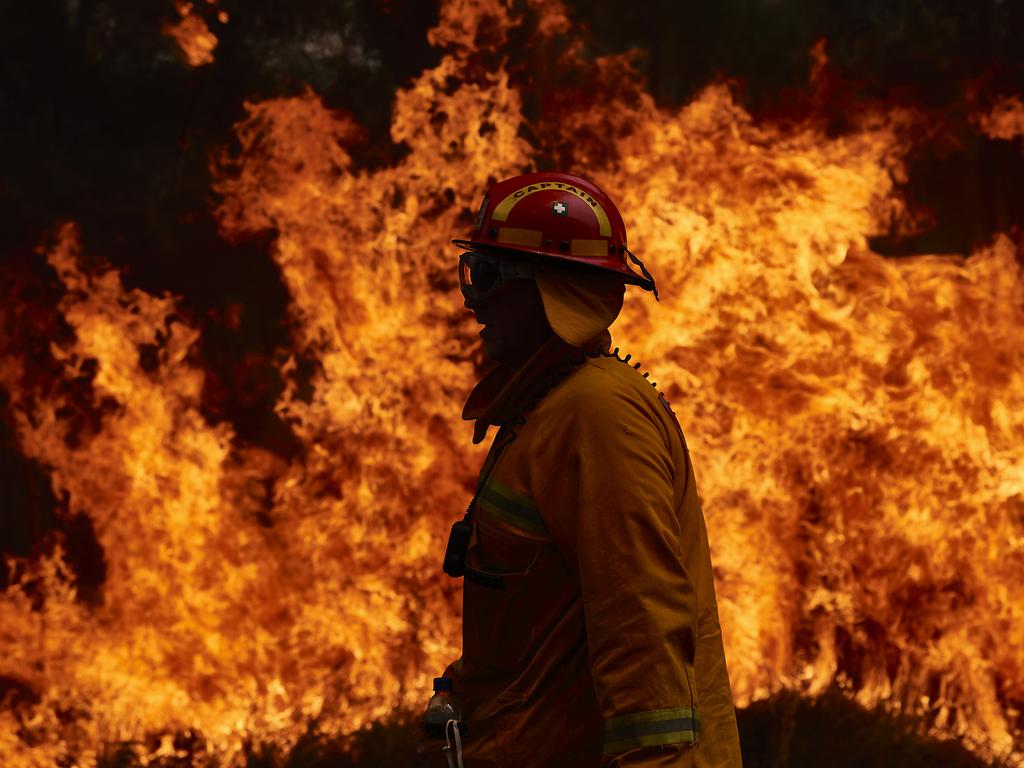
One wonders if the world looks at Australia’s views on climate change with the same head-shaking bewilderment with which we look at America and gun control. After each shooting massacre in the US, we stand perplexed and appalled at the Americans’ seeming inability to do the slightest thing to fix this problem. You can picture the world thinking something similar of us: dumbfounded that we should be so paralysed on this issue, even as we take a climate hit, again and again and again.
Other recent work by Swiss researchers found that the way climate change issues are presented can have a powerful effect on support for mitigation efforts and policies. Surveying almost 10,000 adults in Germany and the US, researchers from the University of Bern found that highlighting the urgency of climate change was relatively effective for so-called “low-cost” efforts (that is, measures that do not require much or any behavioural change) but far less effective for “high cost” efforts (the things that actually require us to do things differently).
When science and even scare tactics fail to move minds over climate change, you can see the enormity of the challenge ahead. Still, some cause for optimism remains. The ANU data shows the partisan divide that once characterised climate change politics in this country is actually starting to close, with 70 per cent of Coalition voters now saying they support efforts to reduce our greenhouse gas emissions.
And modelling by the researchers suggests support for climate change action will rise over time, if younger Australians maintain their concern about the issue.
One thing seems clear: we will all be talking about this issue for the rest of our lives. It will not go away. The great moral challenge of our generation will be the next generation’s, too. And they will not have the luxury of thinking of climate change as electoral kryptonite.
Originally published as Getting over our toxic climate debate





